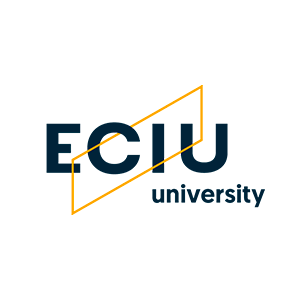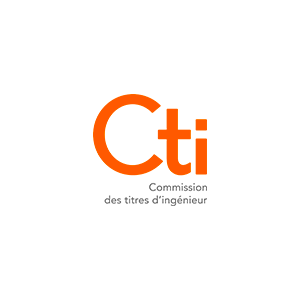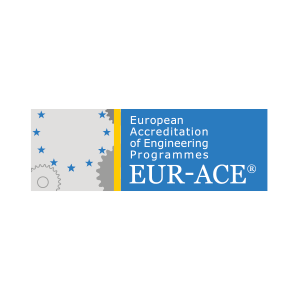Evolved learning connected
to the challenges of tomorrow
The specialization degrees offered by INSA Toulouse are highly regarded by the Commission of Engineering Degrees and the socio-economic sector, attracting students from a range of different backgrounds.
However, all prospective approaches—including our own, INSA 2040—show that an increasing number of societies need to switch to a new socio-economic model capable of integrating finite resources, the degradation of climate and biodiversity, growing inequality, international tensions, and successive crises. At the same time, the model should include much-needed optimism for young people who deserve a new, better world.
INSA Toulouse is therefore working on a new profile of engineer, one who is aware of climate–energy issues and the importance of the common good, both in France and further afield.
The new 21st-century engineer:
- An engineer with a solid foundation of scientific skills, gradually moving towards a particular specialization
- A humanist engineer and citizen who is open to interculturalism and internationalism
- An agile, adaptable engineer trained in experimental sciences
- An engineer who understands the business world
- A specialist engineer able to innovate in his/her field who also understands the growing complexity of a world in transition through a systemic vision
- An engineer who can understand, provide a critical perspective, and support societies in transition
- An engineer who is able to manage and lead in an intercultural and international context
As always, we provide options for personalized career paths: entrepreneurs, high-performance athletes, artistic sections, community involvement, etc.
How is our educational offer evolving?
- We offer elective courses to give students a central role in their career paths
- We have strengthened our course offer with a focus on issues relating to climate–energy, digital technologies and the living world, in response to the world’s major transitions
- We have decompartmentalized disciplines and sciences to make teaching more meaningful
- More active and collaborative teaching methods (challenge-based learning, interdisciplinary projects, hybrid learning, and more)
- Early introduction to research








